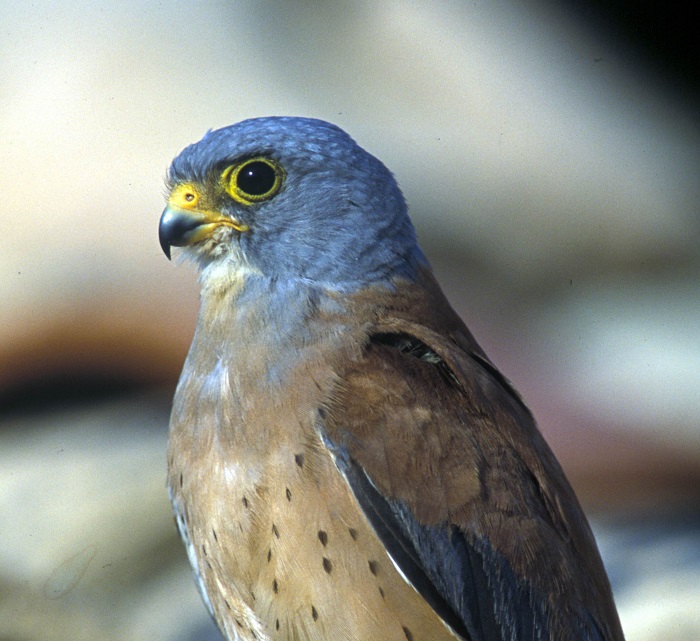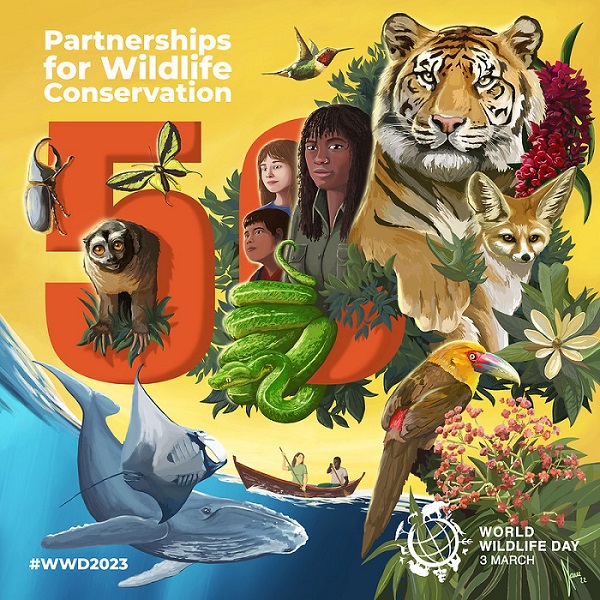What do the lesser kestrel from Huesca, Spain and the rocket frog from Nariño, Colombia, have in common? Both are among the 450 species that Sacyr protects at different project sites all over the world.
The UN proclaimed March 3 World Wildlife Day to raise awareness about the importance of wild fauna and flora. This day reminds us of the urgent need to step up the fight against wildlife crime and human-induced reduction of species.
At Sacyr, we continue to make progress on our commitment, preventing the loss of nature, recovering, regenerating and transforming our current systems to slow down the agents that negatively impact on biodiversity.
For example, at the Almudévar dam in Huesca, we have undertaken actions to maintain and improve the location’s ecological value. Among those activities, it is worth mentioning the protection of the lesser kestrel (Falco naumanni), the smallest of falcons and a highly endangered species with a shrinking population in the past decades.
We have built ‘primillares’ for them to nest in. Thanks to this construction we can closely monitor the kestrels and their offspring’s health.

Photo courtesy of Jesús Arce Giménez Herce (Nature protection agent).
At the Rumichaca-Pasto road project site in Nariño, we protect the rocket frog (Hyloxalus sp.) We analyzed the species’ DNA to adapt our measures to their specific needs, and we have cleaned-up litter to prevent pollution in the water environments they inhabit.
Moreover, at this same project, we have discovered two species of orchid: Epidendrum narinense and Epidendrum guaitaranum. The Epidendrum narinense has bright lavender-colored flowers and can grow to 1.5m tall. The Epidendrum guaitaranum has yellow flowers and commonly blooms in December.
Both species, new to science, are available for consultation at the Herbario AMO website
These actions are part of the protection measures we put in place at our project sites for over 450 species in the past year.
At Sacyr, we have a responsibility to our natural environment, that we tackle from a global perspective and an integrative approach. We are committed to the protection and conservation of nature, analyzing risks and dependencies from the natural capital, and establishing biodiversity conservation goals in 100% of our new contracts.
To support the conservation of the species we clean the garden lots, we implement adaptive management measures and y we label the species with stakes and signs.

In 2022, we planted 184,378 specimens in total, 97% of which are autochthonous. Moreover, we have reforested 810 ha in total.
These achievements merit our inclusion in the Nature Benchmark 2022, by World Benchmark Alliance as the second-most nature-committed company.
